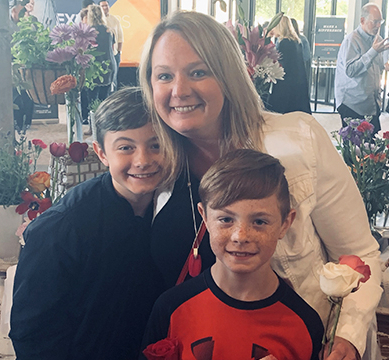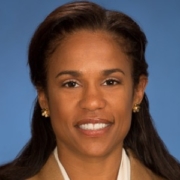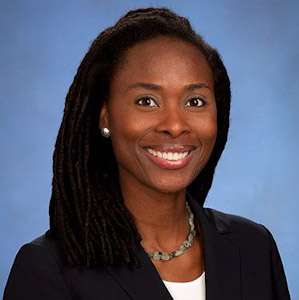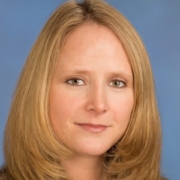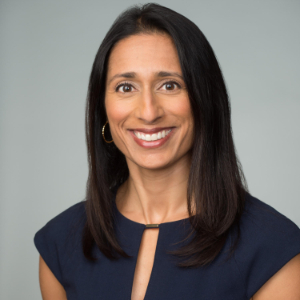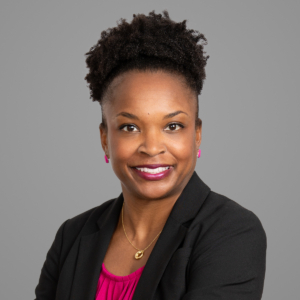Caring for Children With Learning Challenges as a Working Parent
In this Q&A, Erin Garcia, a Vice President in Controllers in Dallas, shares how she supports and advocates for her two sons while working at Goldman Sachs.
What are some of the obstacles you have encountered managing both your sons’ learning challenges?
Erin: One of the greatest challenges was explaining to each of my two sons, Cason and Cohen, how their learning and mental health challenges differentiate them from their classmates.
After his dyslexia diagnosis in second grade, Cason began losing self-confidence in reading. I explained to him that his brain is unique and that there is a special way to teach him, and we were making sure he got the specific help that he needed. Since he is a big sports fan, it helped to point out some successful athletes also happen to be dyslexic.
Cohen, on the other hand, didn’t want special attention. He didn’t want to make a big deal out of his having ADHD, nor did he want to be pulled out of class like his older brother.
Listening to their concerns helped me address their needs, advocate for them successfully, and get them both the help they needed.
What have you learned about yourself through these experiences, including most recently during the pandemic?
Erin: Before receiving their diagnoses, my children and I had a number of arguments because I thought they were being lazy with school and didn’t want to try hard enough. Once we received their diagnoses, I felt badly for having been so hard on them. I learned to be more patient.
In the early stages of the pandemic, we just tried to survive! Toward the end of the school year, there wasn’t a lot of structure so it was a “work on your own pace” sort of schedule. We fit in school whenever we wanted, which was helpful for me as I was balancing my own responsibilities in the Fund Accounting department. Once the current school year began, there was more of an adjustment. The boys have a firm schedule to follow and have to be present in live and virtual meetings with their teachers for most of the day.
We have to do what is best for our family, and every situation is different.
How do you ‘recharge’ your batteries to meet the competing demands of work-life-parenting, and what advice would you share with other caregivers?
Erin: I talk to my friends who are also mothers, and colleagues and mentors who have experienced similar situations. My oldest started middle school this year, which has been a big adjustment. We are all navigating unchartered territory these days, especially working parents. The more we share our stories with each other, the more we feel like we are not in this alone. We are all doing the best we can.
I also have to remind myself that I need a break sometimes, and that’s okay. Everyone should take things one day at a time. Some days are good, but then you will occasionally have that rough day where a progress report comes home reflecting a low grade in a class. Our kids need to know that they are accepted and loved by everyone around them, on good days and on tough days.
How have you managed conversations with colleagues at the firm about your experience as a caregiver?
Erin: For me, honesty is the best policy. A lot of my colleagues have younger children, so these days I try to regularly check in (and made a point to do so when everyone went exclusively remote for work) and continue to be an advocate for working parents.
What would you like people to know about what it’s like to care for loved ones with mental health or learning challenges?
Erin: I think the more we talk about it, the more we educate everyone around us. It was important to me to explain to my oldest son that there is nothing wrong with him. He is intelligent. Once he understood that, he gained the confidence he needed and started engaging more in school.

